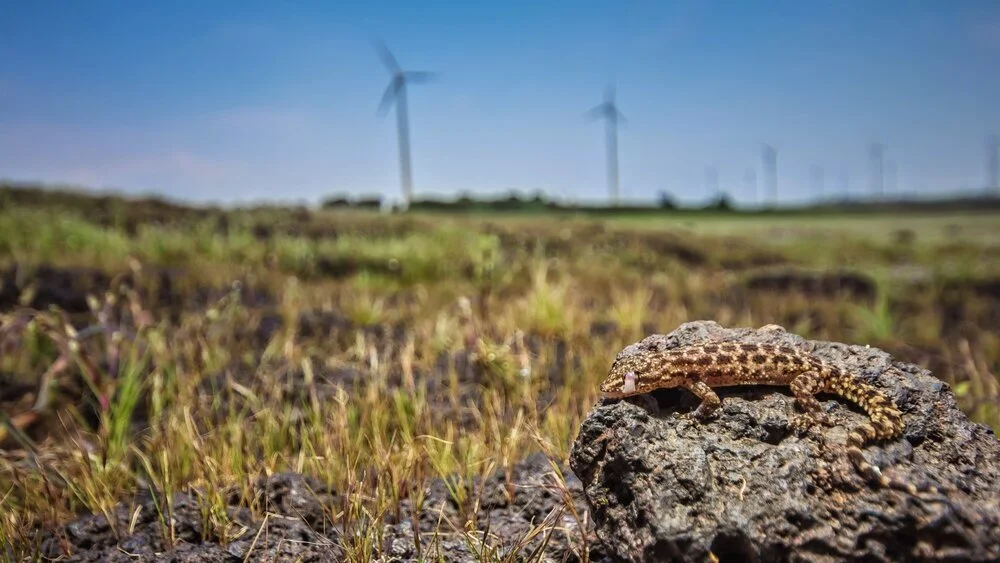A Wider Perspective, a Deeper Story
My friend Anuroop and I are big fans of Steve Winter. I'm not entirely in agreement with his protectionist philosophy of moving people out of forests for conservation, but I do love his approach towards wildlife photography. In his TEDx Gateway talk, Steve makes a brilliant point about wildlife photography.
"Animals do not live in a Shangri La, though most of the photography and what we see on television makes us seem like they do. We need to show the humans the animals live with, the ecosystems and the interaction between them all. We do a disservice to viewers and readers when we only show them pretty pictures of a Shangri La. We (need to) change, we (need to) show the truth and the truth will help us save our wildlife"
And so, while Steve does a lot of the close shots of wildlife showing the "Shangri La" style setting that our animals roam in, it's safe to say that he spends most of his time doing typical photojournalism. This is not about the perfect picture postcard, but showing reality. I was at Kaas Plateau last week and when you explore the surrounding plateau ecosystems like this one bordering Koyna Tiger Reserve, you learn the impact of windmills in restructuring the habitat. While windmills bring clean energy, they seem to have had an impact on the raptor activity in the area. As a consequence, the prey population of the raptors - snakes and lizards seem to have thrived. At least anecdotally that seems to be the case. It's worth studying how this one change to the ecosystem over the last decade or more may have altered life on the plateau and what its long term impacts may be.
Brook's House Gecko (Hemidactylus brookii)
On my last evening here, a group of 20 odd wildlife photographers came looking for geckos and snakes. The moment they saw all the cables and windmills, they tucked their wide angle lenses into their bags and began photographing with their macro lenses. I don't disagree about the aesthetic value of a closeup wildlife photograph. I wish though, that more people cared about telling the story as they see it. Windmills however are an undeniable part of the habitat here and so it made sense to show them to you in this image of a Brook's House Gecko (Hemidactylus brookii). I hope it tells you a bit more about the existence of wildlife in such habitats.


